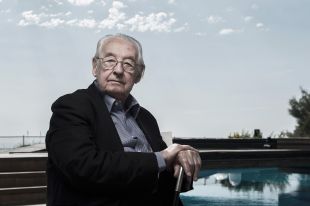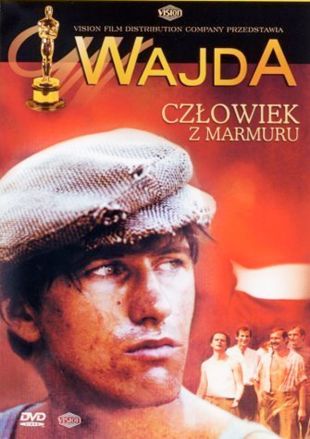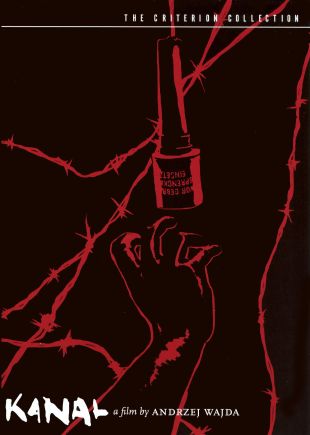A major figure in the world of post-World War II Eastern European cinema, Polish director Andrzej Wajda chronicled his country's political and social evolution with sensitivity, fervor, and a refusal to make compromises in dealing with his difficult subjects. Once dubbed a symbol for his besieged country, Wajda repeatedly drawn from Poland's history to suit his tragic sensibility, crafting an oeuvre of work that devastates even as it informs.
The son of a Polish cavalry officer who was killed early in World War II, Wajda fought in the Resistance movement against the Nazis when he was still a teenager. After the war, he studied to be a painter before entering the Lodz film school. On the heels of his apprenticeship to director Aleksander Ford, Wajda was given the opportunity to direct a film on his own. With A Generation (1955), the first-time director poured out all his bitterness and disillusionment regarding blind patriotism and wartime heroics, using as his alter ego a young, James Dean-style antihero played by Zbigniew Cybulski. The Wajda/Cybulski team went on to make two more films of escalating brilliance, which further developed the antiwar theme of A Generation: Kanal (1956) and Ashes and Diamonds (1958). While perfectly capable of turning out mainstream commercial pictures (often dismissed as "trivial" by his critics), Wajda was more interested in works of allegory and symbolism, with certain symbolic devices (such as setting fire to a glass of liquor, representing the flame of youthful idealism that was extinguished by the war) popping up repeatedly in his films.
In 1967, Cybulski was killed in an auto accident, whereupon the director articulated his grief with what is considered his most personal film, Everything for Sale (1969). Wajda's later devotion to Poland's burgeoning Solidarity movement was manifested in Man of Marble (1976) and Man of Iron (1981), with Solidarity leader Lech Walesa appearing as himself in the latter film. The director's involvement in this movement would prompt the Polish government to force Wajda's production company out of business. After several years' exile in France, Wajda returned to his politically liberated homeland in 1989. In the early '90s, he was elected a senator and also appointed artistic director of Warsaw's Teatr Powschensky. He continued to make films, addressing the topic of World War II in 1993's Pierscionek Z Orlem W Koronie and 1996's Wielki Tydzien. In 1997, the director went in a different direction with Panna Nikt, a coming-of-age drama that explored the darker and more spiritual aspects of a relationship between two high-school girls. Three years later, at the 2000 Oscar ceremony, Wajda was presented with an honorary Oscar for his numerous contributions to the cinema; he subsequently donated the award to Krakow's Jagiellonaian University. Despite his age, Wajda continued working, releasing a steady stream of films through the 2000s, including 2007's Katyn. Wajda died in 2016, at age 90.



